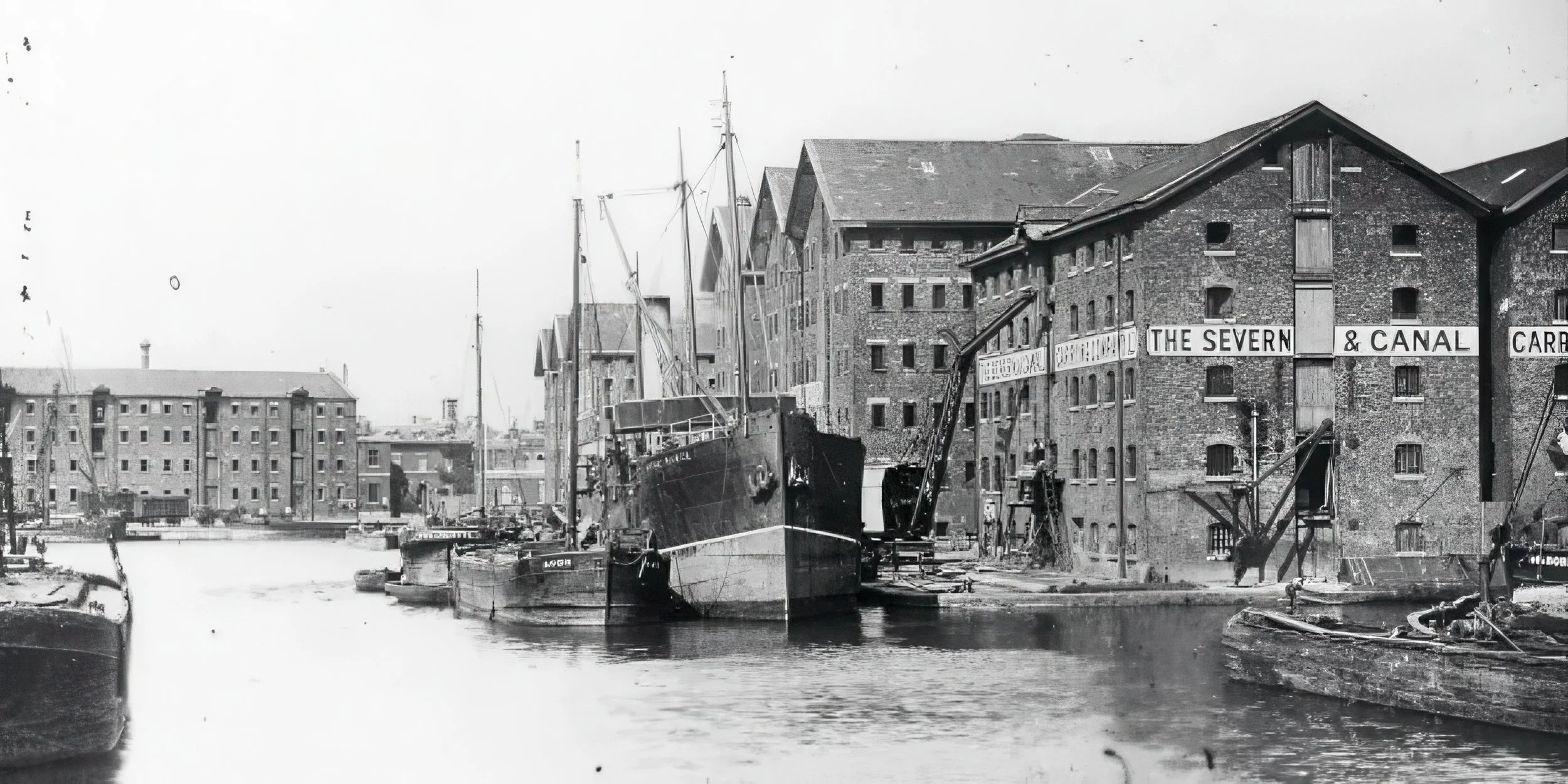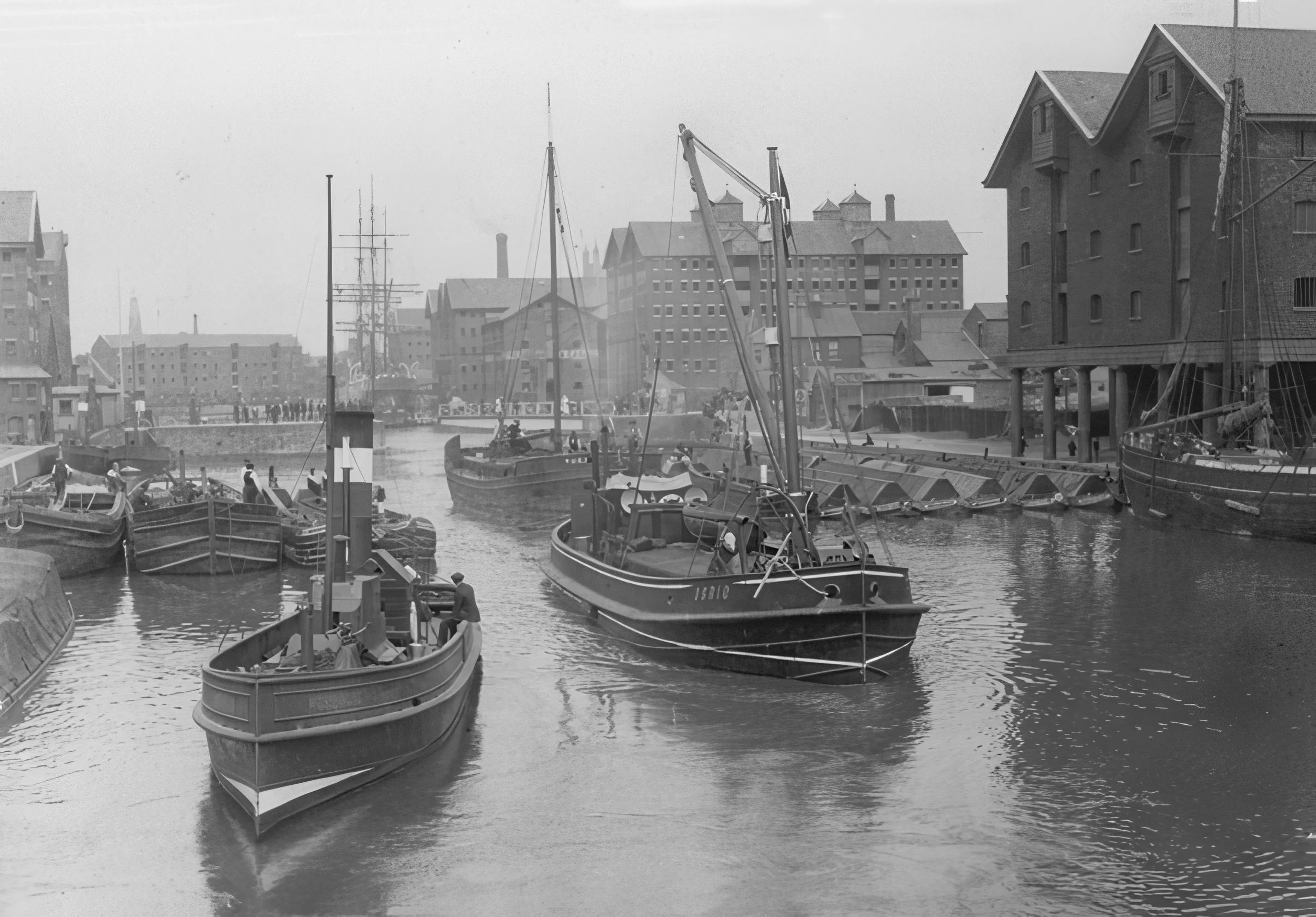
Chapel
Archive
The stain glass windows info coming soon…
We’re currently still working on this page but we look forward to sharing the history and artefacts of the Chapel with you soon!
For more information visit: ivorgurney.co.uk
"(Gurney) had loved his brief time of organist at the tiny Mariners Chapel on the docks in Gloucester, where the organ sounds mingled with the cries of seagulls outside and the rhythmic slapping of rigging against wood. It was a miniature haven of joy and peace amidst the bustle, surrounded by the masts of the tall ships, and with its own unique and ever-changing multinational congregation, a heady mix for a young and romantically inclined musician."
So wrote Kate Kennedy in 'Dweller in Shallows' the lastest comprehensive biography of Gloucester-born, composer and poet, Ivor Gurney, published in 2021. The time she is talking about is around 1908. Ivor was then in his teens and a pupil of the Gloucester Cathedral organist, Herbert Brewer, having been a cathedral chorister as a boy. Back in 1905 he had passed the Royal College of Organists' Associate exam (ARCO) and was therefore able to take paid employment as an organist. His godfather, and unofficial mentor, Rev Alfred Cheesman secured positions for him at various local churches, including Whitminster and Hempsted, but they tended to be short lived as Gurney's outspokeness didn't tend to endear him to the wives of the vicars.
The only exception was Mariners. Here he thrived in the informal atmosphere of the church and its services. The docks was also one of his favourite parts of the city, a fact he was later to record in his poetry including in 'Down Commercial Road' where he describes walking to the docks with his mother.
"When I was small and packed with tales of desert islands far,
My mother took me walking in a grey ugly street,
But there the sea-wind met us with a jolly smell of tar,
A sailorman went past to town with a slow rolling gait;
And Gloucester she's famous in story...."
In 1910 Gurney left Gloucester for London and the Royal College of Music to study composition under Charles Villiers Stanford. He also began to seriously write poetry in 1913, and with the two elements in place his adult life really began.











